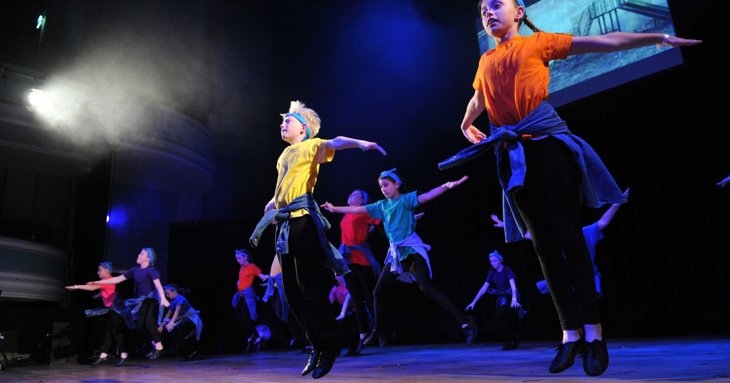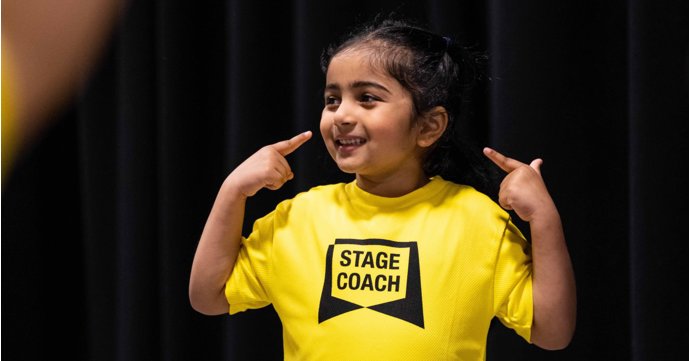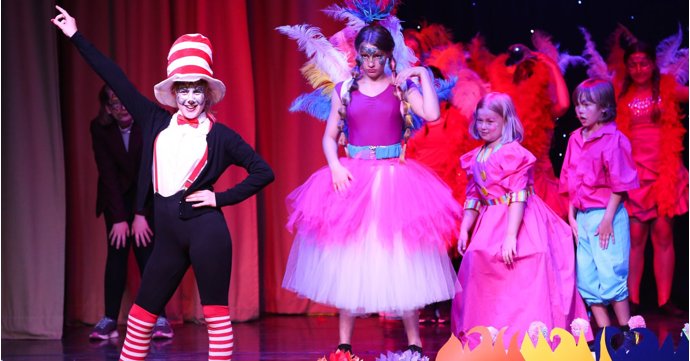Whether they’re a starlet in the making or an introvert with a secret love for musical theatre, performing arts can have a great positive impact on children’s mental health and development.
In this handy hot list, SoGlos explores 5 reasons why performing arts is so important for children – from building their self-confidence to keeping them active.
1. Performing arts builds confidence
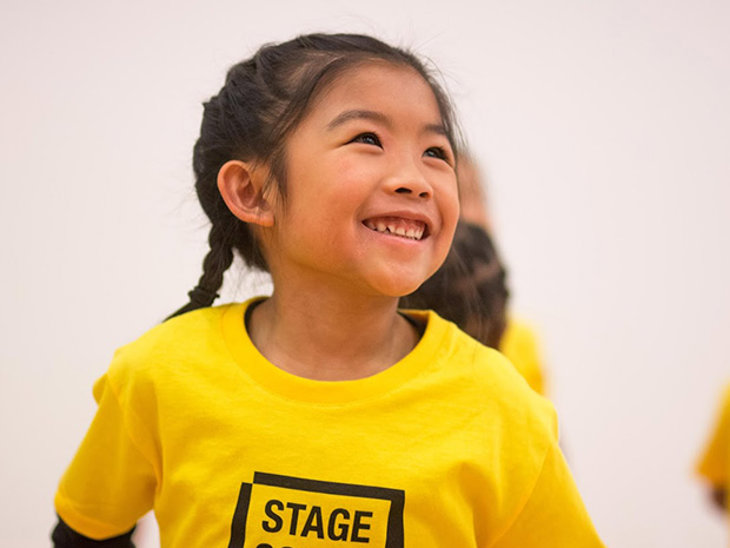
Helping even the shiest of students to build confidence in themselves and their ideas, performing arts classes can encourage children to put themselves out there without fear of judgement – from bravely contributing to group discussions to belting out songs centre-stage.
As well as developing presentation and communication skills, building confidence in a safe space will help children to become more self-assured in other walks of life, too.
2. Performing arts teaches valuable life skills
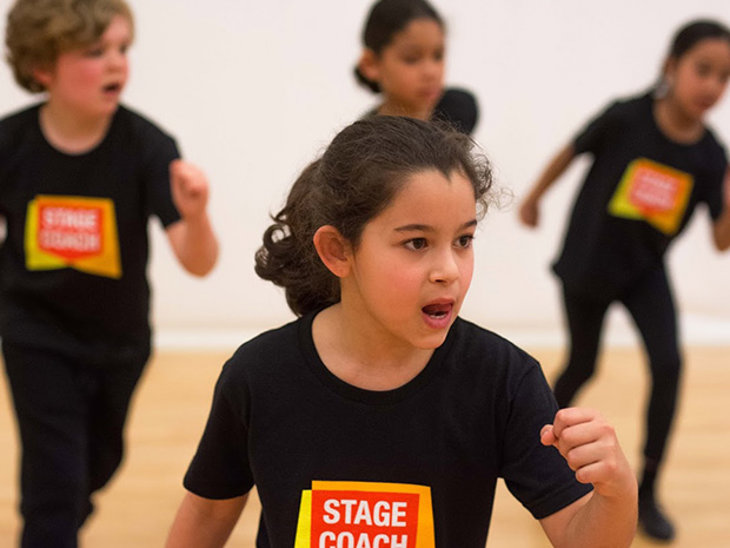
It’s so much more than dance, drama and singing – performing arts also teaches children transferable skills for life.
At stage school, budding thespians learn to work collaboratively as part of a team, becoming better listeners in the process; to accept constructive criticism and take feedback onboard; as well as discipline, dedication and problem-solving skills.
3. Performing arts encourages creative expression
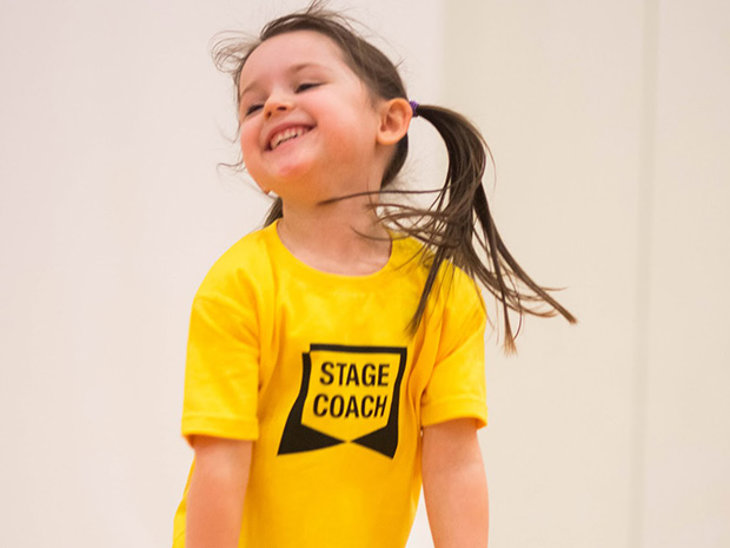
From pouring their innermost feelings into a song to injecting a bit of their personality into a dance routine, performing arts can become an outlet for self-expression and help children to get in touch with their emotions.
In a supportive environment, children can practice creative self-expression through performing arts – learning to find their voice and unapologetically embrace being themselves.
4. Performing arts is good for mental and physical health
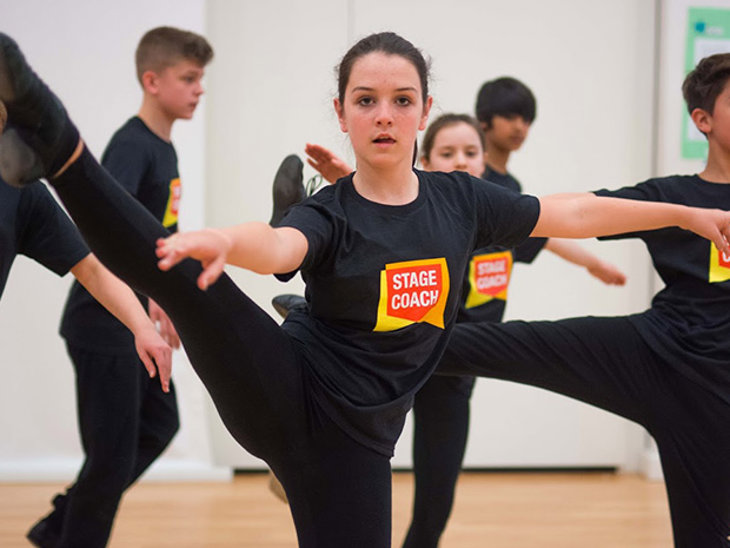
With benefits for fitness and emotional wellbeing, performing arts can help to keep children healthy and happy, too.
As well as being physically active, burning off lots of energy through dancing and singing, little ones can let go of any bottled-up emotions by channelling feelings of anger, sadness or hurt into their performance.
5. Performing arts teaches empathy
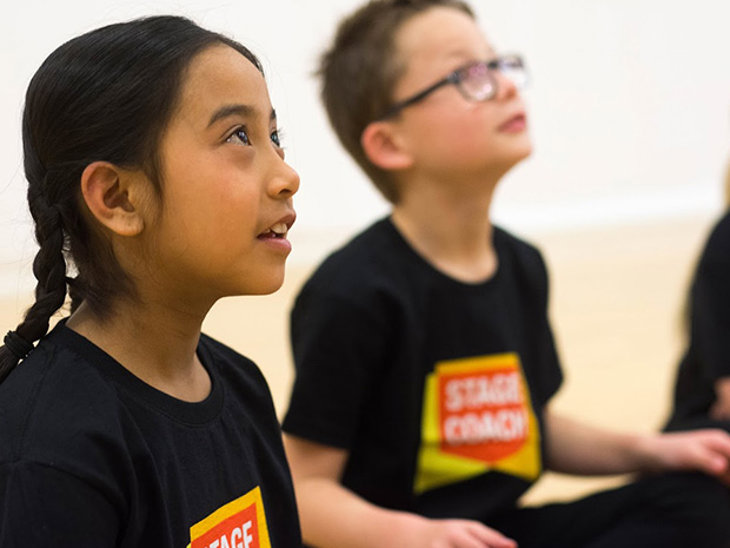
Stepping into the shoes of a character and representing their life through drama, dance and singing can help rising stars to understand different perspectives and points of view. Which, in turn, helps them to develop empathy for others in the real world.
Not to mention working as part of a close-knit team on a performance or project can encourage compassion for others, as children begin to form new friendships.


